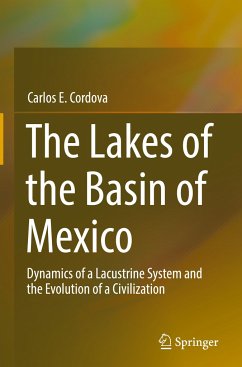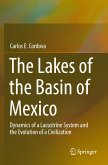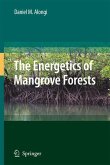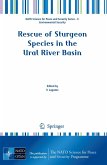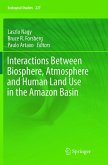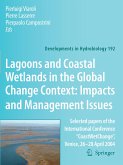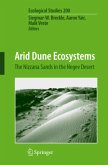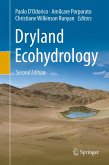This book is a review of research on the prehistoric and historic evolution of the Basin of Mexico's lacustrine systems. Based on this review, the book presents a model of long and short-term natural lacustrine dynamics as the basis for understanding the processes of human adaptation and transformation of the aquatic ecosystems of the Basin of Mexico. Although only remains of the former lakes exist, the book stresses the importance of the knowledge of the former natural and cultural history of the lakes. In this sense, the book addresses the misconceptions and misinterpretations of the lakes that still exist in the literature and the media and that do not reflect the real nature of the lakes in the past. Therefore, the book attempts to not only feed into the local knowledge of the lakes, but also contribute to the worldwide knowledge of lacustrine dynamics and human populations that lived in and around them. The book should be of interest to geographers, geologists, archaeologists, natural historians and environmental scientists, civil engineers, city planners and those involved in the management of natural resources.
Bitte wählen Sie Ihr Anliegen aus.
Rechnungen
Retourenschein anfordern
Bestellstatus
Storno

